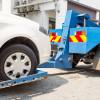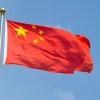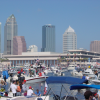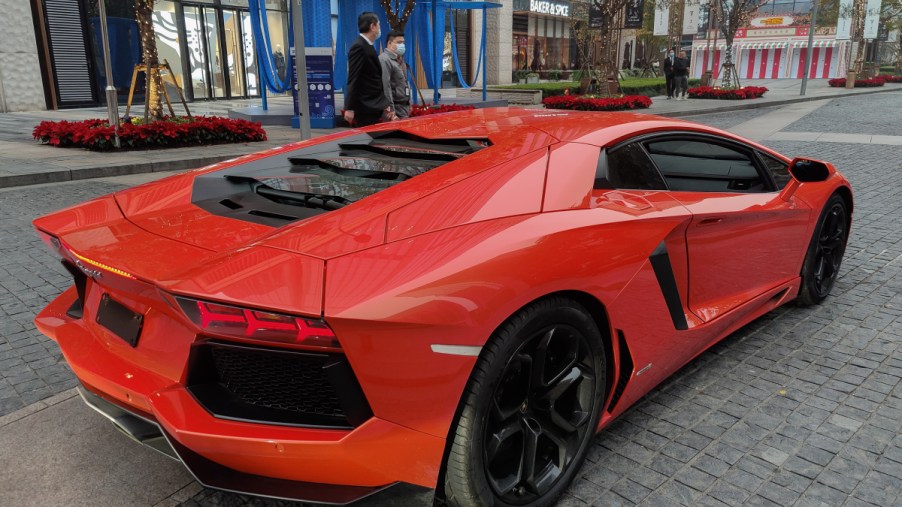
Ferrari, Lamborghini: Italy Wants an Exception to Gas-Engine Ban for Supercars
Europe is working toward banning combustion engines, but not all countries are on board yet. Italy, the home of supercar brands like Ferrari and Lamborghini, is pushing back on the proposed ban. Should these niche luxury brands have to get on board like everyone else?
The ban isn’t just on supercar brands like Ferrari and Lamborghini
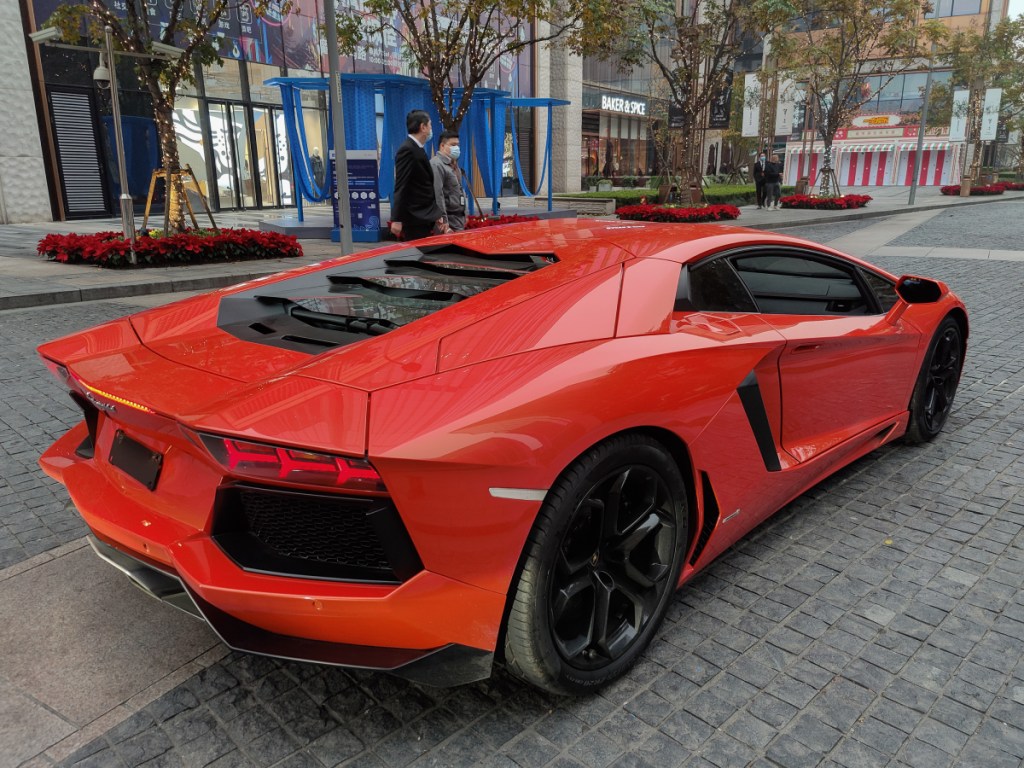
The gasoline ban would impact numerous industries and essentially all vehicle brands. However, most more prominent brands have higher production outputs than Ferrari, Lamborghini, and other supercar brands. Former Lamborghini CEO Stephan Winkelmann reported to Bloomberg that Lamborghini sold out about 10 months of production capacity. In 2020, Lamborghini sold 7,430 vehicles. In comparison, a large brand like Volkswagen sold just over nine million cars in 2020.
According to Bloomberg, Prime Minister of Italy Mario Draghi says the government is discussing a way around the potential new vehicle ban. The European Union proposed a plan that would ban gasoline-powered vehicles as early as 2035. Roberto Cingolani, minister for ecological transition, says the discussions are ongoing.
While a ban has been proposed, nothing is set in stone yet. Cingolani noted to Bloomberg that the supercar sector, which includes Lamborghini and Ferrari, “is a niche, and there are ongoing discussions with the EU Commission.” He went on to say that the vehicles need unique technology and batteries for the change.
But he has ideas on how to do that. “One important step is that Italy gains autonomy in producing high-performance batteries.” There are talks of building a large factory in the region capable of providing these high-performance batteries.
The EU Green Deal plan could be modified to give Ferrari and Lamborghini an exception
The EU Green Deal plan is a seven-step program to help cut emissions in the area and scale back pollution. While the project looks good on paper, it is a lot more complicated than that. It also poses significant problems for automakers like Ferrari and Lamborghini. Supercars created by these brands would find most of the lineup ineligible at that time. In addition to that, such automakers sell far fewer cars each year, albeit at a much higher price point.
Bloomberg estimates the process of getting the plan in place could take another few years. Countries will likely propose amendments to protect local companies and industries. When Bloomberg reached out for comment about the remarks from Cingolani, a spokesperson declined to comment. However, the spokesperson noted that all vehicle manufactures will have to contribute in some way.
Another country showing opposition is France. Paris supported a proposed plan that established a goal of reducing emissions by 55% in the same timeline. It also aimed at keeping hybrid vehicles on the market for longer.
Change is coming in 2025 and 2030
Cingolani, a former non-executive director at Ferrari, confirmed that the smaller brands would only represent a fraction of the exorbitant automotive market. Bloomberg confirmed that Ferrari sold around 9,100 supercars last year while Lamborghini sold about 7,400. He seemed confident that an exception could be granted for Lamborghini and Ferrari. “I am convinced there will not be a problem.”
Ferrari plans to reveal a battery-powered vehicle in 2025 but is slow to move to electric vehicles otherwise. Lamborghini has a similar timeline for an EV supercar. There is a lot of work left before these plans get put into place. Low-production automakers aren’t the crux of the issue when these vehicles make up such a small percentage of cars on the road.
